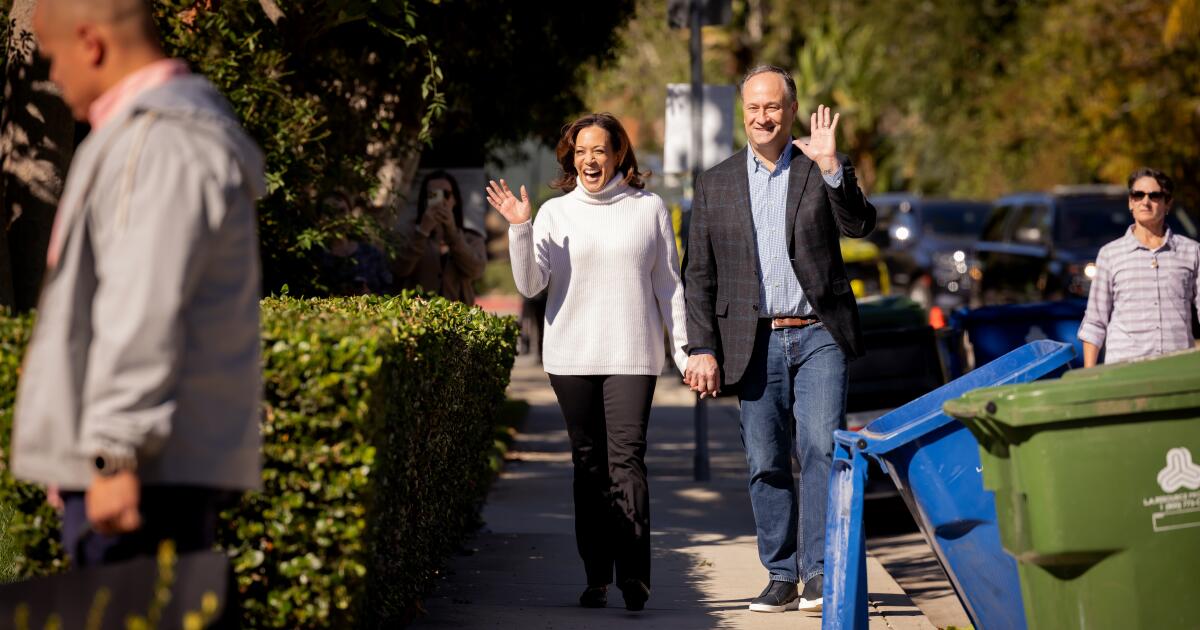Independent special Interlocutor for missing children and unmarked graves and burial sites associated with Indian residential schools Kimberly Murray, centre, delivers remarks on an Indigenous-led reparations framework during a national gathering in Gatineau, Que., on Oct. 29.Spencer Colby/The Canadian Press
The federal government must address residential school denialism by amending the Criminal Code to make it an offence to wilfully promote hatred against Indigenous peoples by downplaying or justifying the harms the institutions caused, a special interlocutor has said in a final report.
Kimberly Murray, the Independent Special Interlocutor for missing children and unmarked graves and burial sites associated with Indian residential schools, released her findings Tuesday in Gatineau, Que. She was appointed to her role in June, 2022, by the federal Justice Minister and was given a two-year term. In June, her mandate was extended for six months.
The final report lays out the elements of an Indigenous-led reparations framework to support the search and recovery of missing and disappeared children and unmarked graves.
In her report, Ms. Murray says residential school denialism must be taken seriously because it puts at risk the work of truth and reconciliation. It should not be dismissed as a “harmless fringe phenomenon,” she said.
Residential school denialism exists across religious and political institutions, the academy and the media, the report adds.
Survivors say residential school denialism should be criminalized
Ms. Murray’s report calls on the federal government to include provisions in its Online Harms Act to address denialism about residential schools.
In remarks at a ceremony Tuesday, Ms. Murray said a “vocal group of denialists” have mounted a concerted effort to attack the truth of survivors and Indigenous families. She said healing can only begin with an acknowledgment that painful truths are part of Canada’s history.
Justice Minister Arif Virani accepted the report and said the government would review it.
Ms. Murray’s mandate included all burials of children who died while attending residential schools, including those who died after being transferred to hospitals, tuberculosis sanatoria, industrial or training schools, reformatories and mental health institutions.
In an interim report released in 2023, the interlocutor detailed how “denialists” were attacking communities that announced the possibility of unmarked graves. The report called the violence prolific and said it takes place via e-mail, telephone, social media, in op-eds and, at times, through in-person confrontations.
One of the examples highlighted in Ms. Murray’s report involved the Tk’emlúps te Secwépemc Nation, which announced in 2021 that ground-penetrating radar had discovered unmarked graves at the site of the former Kamloops Indian Residential School.
Denialism comes in many forms, the report added, from attacks on social media to people showing up in “the middle of the night, carrying shovels.”
Ms. Murray said in an interview that summer that denialism would never fully be addressed by one piece of legislation, but changes, such as amending the Criminal Code to make it a crime to incite hatred against residential-school survivors, could help facilitate discussion.
In response to the interim report, Mr. Virani said residential schools were part of a horrific legacy of colonialism and racism. He said the government would give consideration to Ms. Murray’s recommendations as it awaited the release of her final report.
Residential schools operated across the country from 1831 to 1996.
The Truth and Reconciliation Commission, which spent six years documenting the effects of the institutions, said 4,100 children died while attending residential schools. Commission chairman Murray Sinclair has said the actual number could top 20,000.
NDP MP Leah Gazan, a member of the Wood Mountain Lakota First Nation in Saskatchewan who represents the federal riding of Winnipeg Centre, tabled a private member’s bill designed to combat residential school denialism.
The legislation is designed to make it an offence to wilfully promote hatred against Indigenous peoples by condoning, denying, downplaying or justifying the Indian residential school system in Canada through statements made other than in private conversation.
Ms. Gazan said the Criminal Code already outlaws Holocaust denial, adding that residential school survivors, along with their families and communities, deserve to be safe. She said it has been nearly 10 years since the release of the Truth and Reconciliation Commission’s final report, yet in the past two years there has been “an increase in residential school denialism.”
Survivors’ stories need to be honoured, Ms. Gazan said.
“Let’s be really clear: There’s a difference between hate speech and free speech,” she said in an interview. “Residential school denialism is hate speech – full stop. Just as Holocaust denial is hate speech – full stop.”





